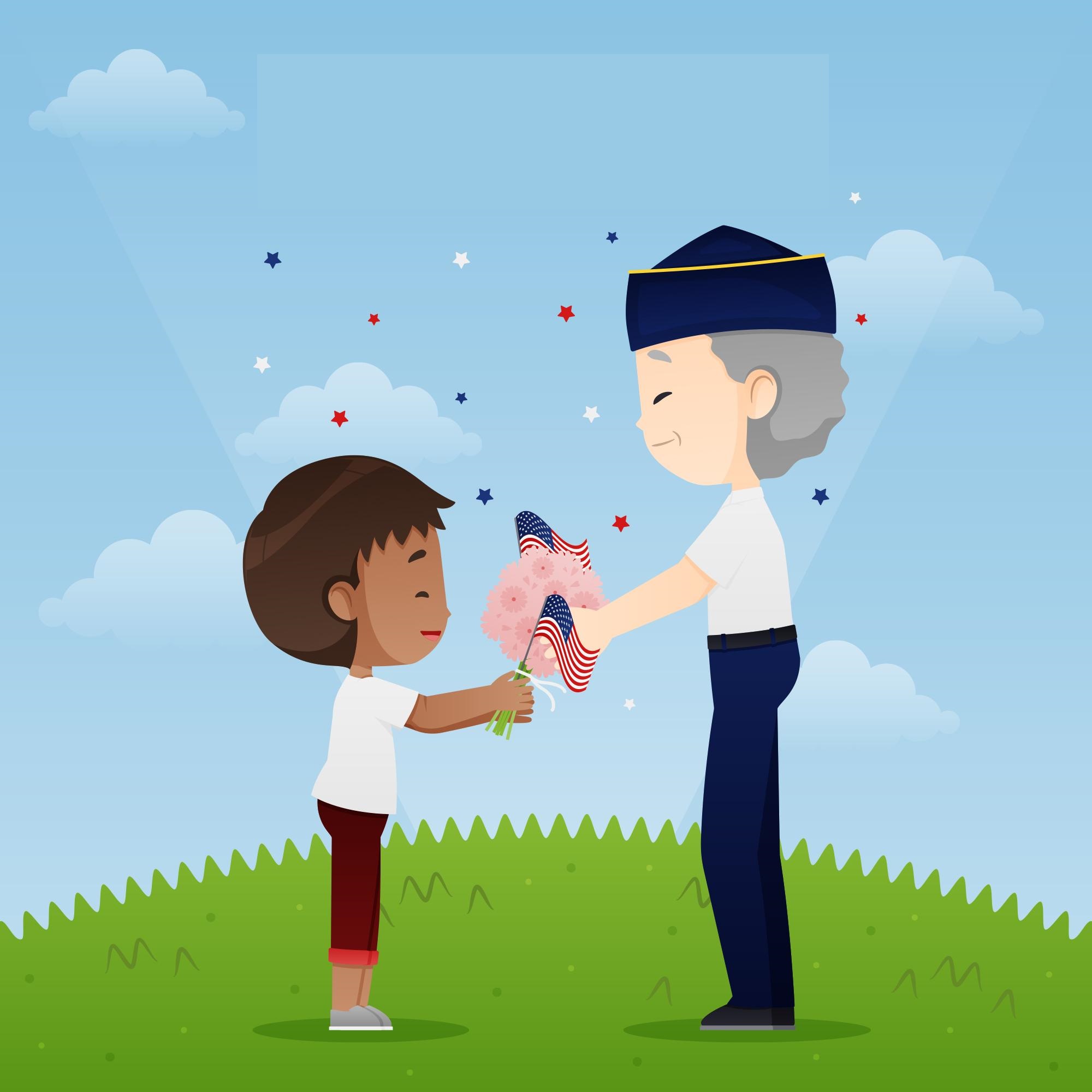
Hannah Gantt, LPCC
For many veterans, the journey home does not end when deployment concludes or the uniform comes off. The transition from military to civilian life often carries invisible burdens, wounds that cannot be seen but are deeply felt. Trauma, depression, anxiety, and chronic pain may linger long after service, shaping daily experiences in profound ways. These challenges can affect relationships, work, physical health, and even one’s sense of identity.
Traditional therapies and medications remain vital tools in supporting veterans’ health, but they do not always provide complete relief. For some, symptoms persist despite years of effort and treatment. This reality has led many veterans and clinicians alike to explore alternative therapies. One promising approach is ketamine therapy, a treatment that may open new pathways to resilience, healing, and renewed vitality.
Ketamine therapy works differently than many traditional medications. It interacts with specific receptors in the brain, supporting the growth of new neural pathways through a process known as neuroplasticity. By encouraging the brain to form fresh connections, ketamine may help loosen the grip of entrenched negative thought patterns and allow for new ways of processing emotions.
For veterans living with post-traumatic stress, this shift can be profound. Many describe ketamine sessions as experiences that soften the barriers keeping trauma locked inside. Instead of being trapped by recurring flashbacks or intrusive thoughts, veterans may gain the emotional space needed to reflect, release, and reconnect. This sense of openness can foster compassion for oneself, greater empathy toward others, and a renewed ability to engage fully with life.
Alongside emotional and psychological challenges, chronic pain is a daily reality for many veterans. Injuries sustained during service, whether from combat, training, or the wear and tear of years of duty, can lead to long-term discomfort that traditional treatments do not always alleviate.
Ketamine therapy has shown potential in altering how the nervous system processes pain. By modulating signals within the brain and spinal cord, it may reduce the intensity of pain or change the way it is perceived.
The path to wellness looks different for every veteran. Ketamine therapy may provide an alternative approach that aligns with the resilience and strength veterans carry. By addressing emotional openness, cognitive flexibility, and physical pain together, therapy can help create space for healing, self-discovery, and a renewed sense of vitality.
At Better U, we are committed to honoring veterans by providing innovative care that supports both healing and growth. Our ketamine therapy and mental health services are designed to help veterans break through barriers, ease emotional and physical pain, and rediscover a renewed sense of vitality.
If you or a loved one is a veteran seeking new ways to heal, we invite you to explore compassionate care and evidence-based therapies at Better U.